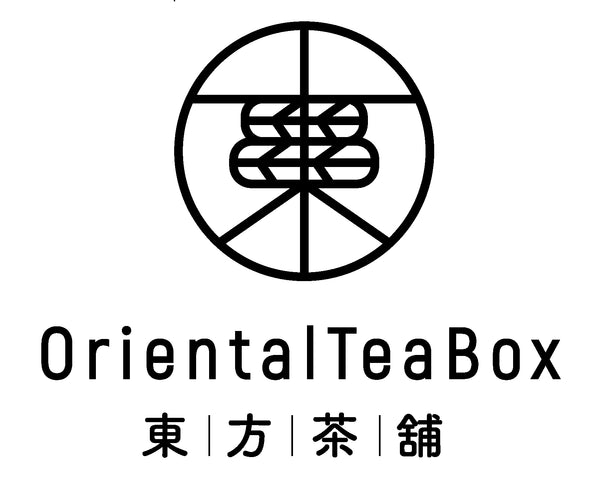Kiyoko Koyama


Reviving the Art of Shigaraki Ware
Born in Nagasaki Prefecture, Koyama moved to Shigaraki, where she began her career in ceramics in her late teens. By 30, she had established her own kiln, determined to develop a distinct artistic identity rooted in historical Japanese pottery. Her artistic breakthrough came when she discovered ancient Shigaraki pottery fragments near historical kiln sites. These shards, characterized by their natural ash glazes and organic textures, inspired her to recreate the lost medieval techniques of Shigaraki ware.
Through rigorous experimentation, Koyama mastered natural ash glazing, a technique where wood ash from high-temperature firings interacts with clay to produce unpredictable, textured surfaces. Her works embodied wabi-sabi aesthetics, highlighting imperfection, raw beauty, and the relationship between fire and clay.

Commitment to Traditional Kiln Firing
Koyama was one of the few potters to preserve the use of anagama kilns, ancient wood-fired tunnel kilns that require days of continuous stoking. Traditionally reserved for men due to the physical demands, she challenged convention and mastered the technique, proving that women could excel in this labor-intensive craft.
Her ceramics—tea bowls, vases, and sculptural works—are admired for their depth, natural glaze patterns, and timeless aesthetic, securing her place as a leading figure in Japanese pottery.

Social Activism and Legacy
Beyond ceramics, Koyama became a prominent advocate for bone marrow donation after her son was diagnosed with leukemia. Her activism contributed to the establishment of Japan’s national bone marrow donor registry, reflecting her commitment to both art and social causes. Her resilience and advocacy were later depicted in the 2005 film "Hi-bi" (火火), illustrating her artistic and personal struggles.

Legacy and Passing
Kohyama passed away in December 2023 at the age of 87, donating her body to Shiga University of Medical Science, reflecting her lifelong commitment to giving back to society. Her contributions to Japanese ceramics continue to inspire contemporary potters, and her works remain a testament to the beauty and innovation within Shigaraki ware.
Sources: Wikipedia Japan/ Six Ancient Kilns Japan/ Sponichi Japan


